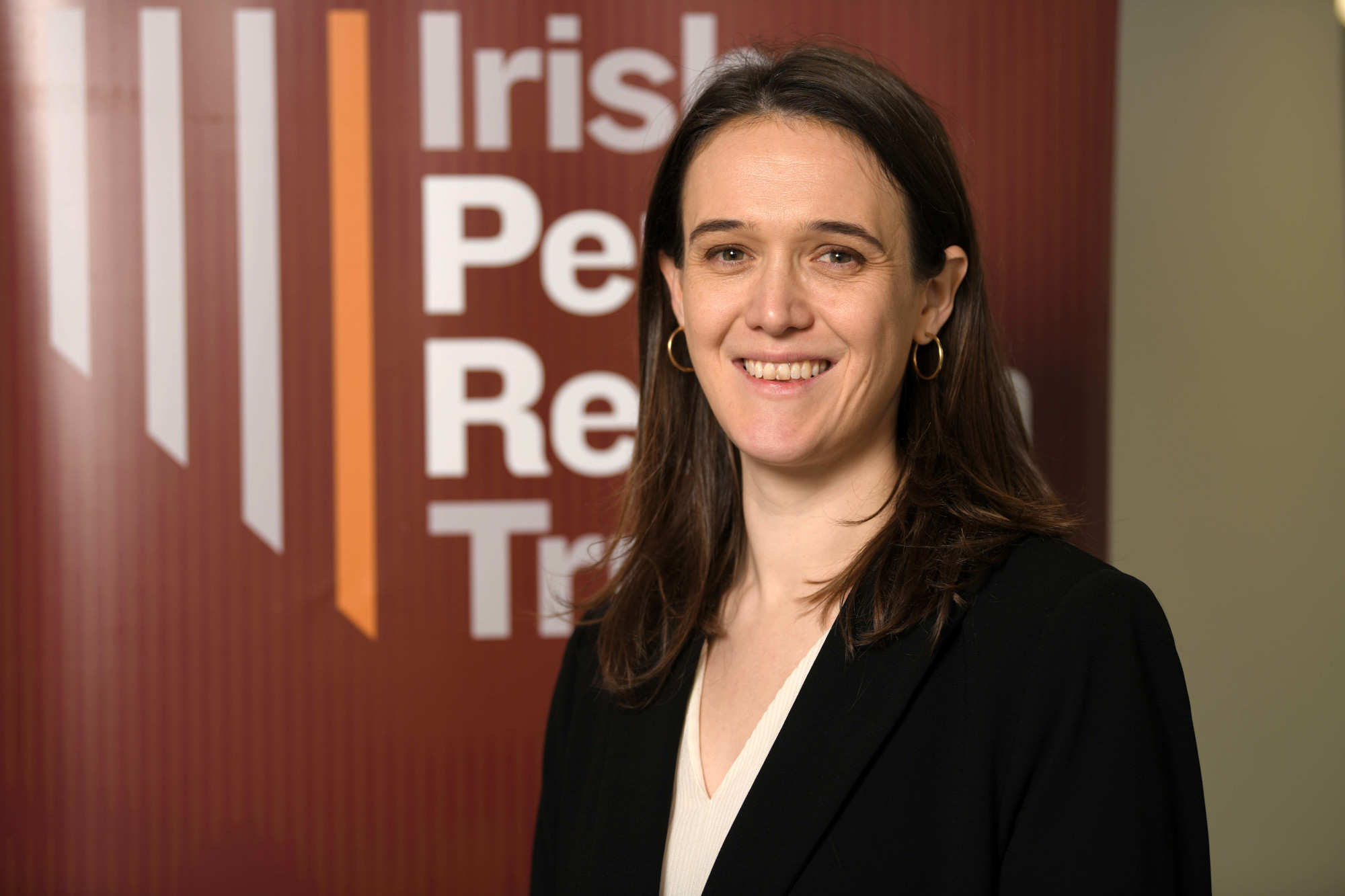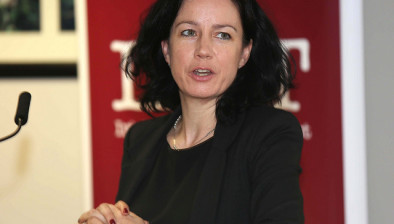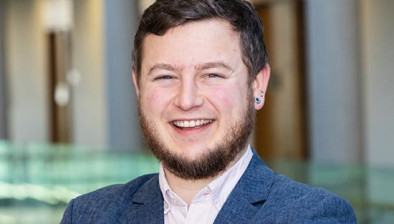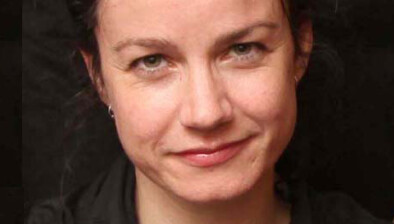Irish child justice system under UN spotlight in Geneva

Molly Joyce
Irish law must be urgently changed to ensure that defendants who turn 18 while awaiting trial continue to be dealt with through the child justice system, the UN Committee on the Rights of the Child (UNCRC) has been told.
Molly Joyce, acting executive director of the Irish Penal Reform Trust (IPRT), is in Geneva today to share the penal reform body’s concerns about the administration of youth justice and the challenges facing children with a family member in prison in Ireland.
IPRT is calling for the application of the Irish child justice system to all children, including those who turn 18 while awaiting trial; raising the age of criminal responsibility to 14; and the explicit recognition of children with a family member in prison as a vulnerable group in need of specific supports in the new policy framework for children and young people.
“Clear timelines on amendment of the Children Act 2001 are needed to address the current situation whereby a child who turns 18 while awaiting trial for an offence they committed as a child loses the automatic protections of the 2001 Act,” Ms Joyce said.
“Ireland’s Youth Justice Strategy recognised that the 2001 Act’s provisions should apply to the processing of an offence with reference to the age at the time it was committed, irrespective of the age of the young person when the case comes to court, but there has been no further movement in progressing these amendments of the Children Act 2001.”
She noted that an increase in the minimum age of criminal responsibility to 14 was previously recommended by the UNCRC and IPRT “calls on the State to consider actioning this recommendation without further delay”.
Ms Joyce also said: “Plans to explicitly recognise children with a family member in prison as a vulnerable group in need of specific supports in the new policy framework for children and young people are needed.
“Any such mention should be substantive and include clear actions for how this cohort will be recognised and supported. This could be done through actions around improved data collection on this group and plans to include the cohort in national strategies relating to vulnerable children going forward.”









